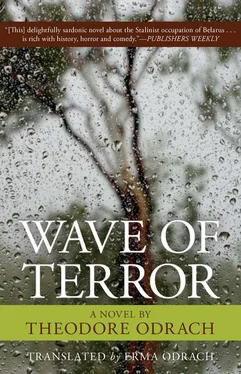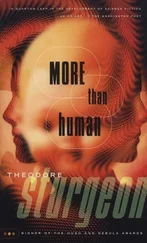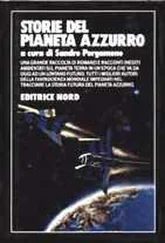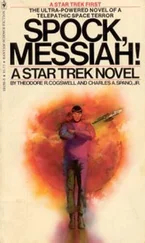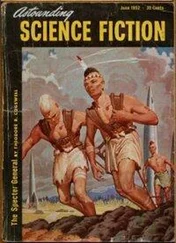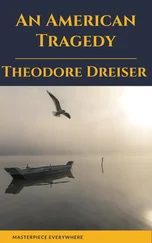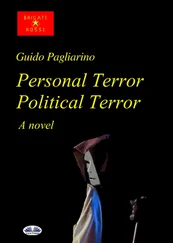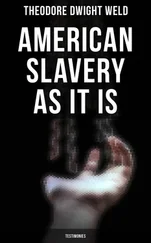Before he could finish, Zena burst into a fit of laughter. “Oh, you really are funny, Comrade Ivan. And you’re such a cynic! I also understand you’re a bit of a hermit? According to my files here, you teach in some godforsaken place miles from nowhere.”
“I’m headmaster of the grammar school in Hlaby, that’s correct, but being a hermit — that couldn’t be further from the truth.” He was grateful that she had become more friendly and talkative. “Before I go, there’s one more thing. Comrade Yeliseyenko said you would prepare the five volumes of Soviet history for me.”
She got up from her desk, reached for the top shelf of the bookcase, and brought down several books bound in cheap cloth. Kulik made one last attempt to amuse her. He said jokingly, “Once I plough through these pages, I will most definitely embark on the road to truth. I might find myself not such a hopeless socialist after all.”
Zena gave him a stern look. Her eyes quickly moved to the door and she signaled with her head, as if to warn him that Yeliseyenko might be listening on the other side.
In that instant Kulik saw that Zena was not the loyal, unquestioning government worker she pretended to be. He believed that they understood each other.
But barely a second later, Zena said mechanically, “The cost for the books will be twenty-five rubles.”
Kulik rummaged in his pocket and paid the money, which he felt was exorbitant, thanked her and left the building.
An almost balmy wind was blowing in from the south, the sky was clouded over, and for the first time in a long time the falling snow melted as it hit the ground. The warm front brought with it a hint of spring. Kulik tried to collect his thoughts. He didn’t know whether to celebrate his freedom or to agonize over what was to come. The day that had just passed was beyond his understanding: up until almost the last minute, he had not expected it to end the way it did. He had not expected to be set free and he certainly never expected to find someone like Zena in the offices at the People’s Commissariat of Education. And suddenly he felt happy, so astonishingly happy, that it almost frightened him.
Kulik climbed the staircase to his attic, sat on the edge of his bed and asked himself question after question: Why had he been summoned to appear before Yeliseyenko? Had he displayed disloyal tendencies somehow? Was this a test of his endurance? A battle of nerves? A joke of some sort? And what was this talk about familiarizing himself with Marxist ideology? Was he being perceived as a possible threat, an adversary, an enemy to Communism? Maybe something dark and frightful was going to happen.
But before long he felt a surge of optimism. Wasn’t he still a free man after all, free to go whichever way he chose? This freedom was worth valuing. His future even looked hopeful. Hadn’t he just proven himself innocent before Yeliseyenko? Wasn’t that why he had been released? When he had first been summoned, he was almost certain it meant his end, but things turned out differently: a stone was hurled at him and he was struck by a pebble. He began to think that maybe the new regime was not as brutal as he had believed it to be. Perhaps he had overreacted, perhaps he had not taken a true view of the situation.
But when he kept thinking about his meeting with Yeliseyenko, his reservations resurfaced and it became clear to him that he had indeed gone through an ordeal. He became upset again. He couldn’t make sense of anything that had just happened. He was apparently on the verge of being convicted of some form of anti-Soviet activity, but what was this activity? He could be found guilty of thinking differently, or even thinking at all. When the time came for his arrest, there would be no trial and no judge, no notice to family and friends; he would be cast into some deep, dark hole, and left to die. He felt trapped by the utter absurdity of the situation he was in. He was falling deeper and deeper into a psychological abyss.
He tried to calm himself, to put things into some kind of perspective, but there was no logic anywhere and the real world as it was known, no longer existed. It was like a dream. Banging his fist against the side of his leg, and with his head exploding, he shouted:
“Damn these thoughts, damn them all!”
And there was Zena: her large, black eyes, her pale complexion, her full mouth. Suddenly she seemed to him to be a greater enigma than ever. Could she be trusted or could she not be trusted? He asked himself that question over and over.
Darkness had descended and his room became pitch black. Rising from his bed, he felt an overwhelming need for some distraction. Instead of switching on the lamp on his night stand, he threw on his cap and overcoat and hurried out. The air was cold and damp. He labored through the snow to get to the front gate, but he was happy to see that the sidewalk had been cleared in either direction.
He set out for Market Square. A round moon hung over the rooftops like a large silver disc in the black sky. Adjusting the scarf around his neck and pulling his cap down over his ears, Kulik walked up Zaliznitsa Street, and then down side streets. When he crossed a small laneway, which turned at an angle, he stopped suddenly. The Zovty Prison, the newly established NKVD headquarters, loomed before him like a great fortress, tall, impenetrable and forbidding. The walls were high and made of thick yellow brick, and small, barred windows looked down onto a bare yard enclosed by a wrought iron fence with barbed wire strung along the top. Although the building was dark, Kulik imagined he could hear noises coming from within: the clicking boot heels of the NKVD making their way up and down the corridors, the thud of heavy doors, plaintive cries from the dungeons. He looked for a light to appear in one of the openings, to see movement of some sort, but everything remained black and silent. And suddenly he had a strange feeling that he was not alone, that he was being watched from one of the upper levels. Not daring to stay any longer, he took to his heels and fled down the street.
At Beresky Street, he turned left, and came to the outskirts of town. He walked without any idea of where he was going. He began to think about Marusia. How strangely cold and indifferent she was. He could not understand her contempt for all that was not Russian. Ukrainians were despicable to her — she despised their faces, their mannerisms, their clothing. And yet she was one of them. Whenever she forgot herself, which was not very often, and spoke in her native tongue, her language was flawless, but when she talked in Russian, her sentences became strained and choppy and sometimes even incomprehensible. The stress of her words fell on the wrong places, her endings were frequently incorrect, and she constantly mispronounced words or misquoted phrases. Really, she was a rather pathetic, misguided provincial, who simply had to be in a constant struggle with herself.
At the end of a long, narrow street, Kulik came upon a wide-open space dotted with evergreens and shrubs. There was no sign of life anywhere and under the bright full moon the snow lay like a vast untouched carpet of silver-blue. Turning down a barely discernible pathway flanked on either side by a growth of young cedar, he walked past a large sign that read “Park of Culture and Rest.” Putting his hands in his pockets, he walked further into the park, to the Pina River. The broad, deep waterway was now one long block of solid ice glistening under the starry sky like a sheet of glass. Tall, soundless forests along the river’s edge cast long, shadows; everything in the park was in a hard winter sleep.
Setting out along the dark shore, Kulik felt a kind of peace and tranquility that could not be found anywhere else, especially not on the streets of Pinsk. The frozen waterway, the shore, the soft hills, were a dark silver-gray, blending into blackness. As he was passing the snow-covered bushes, he stumbled over something jutting out of the snow. It was a burlap sack. He picked it up and opened it: it held a large loaf of bread, a coil of kolbasa, and some cheese. Had a woman — a wife, a mother, a daughter — hidden this sack in the bushes for a loved one on the run? Now these tragic stories were probably a part of everyday life.
Читать дальше
